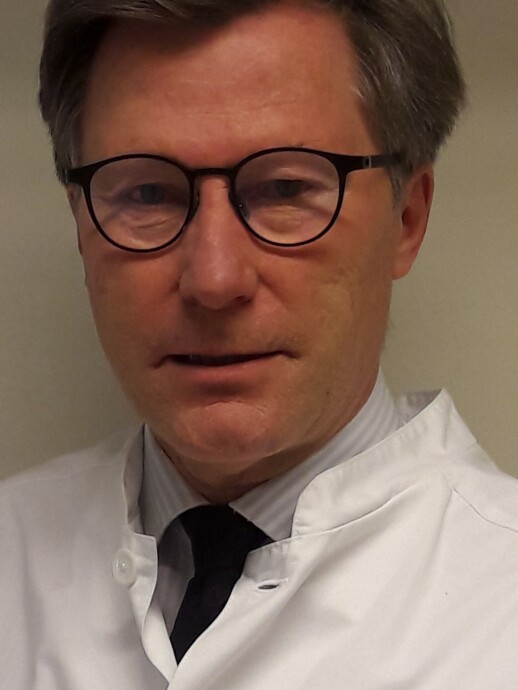
Areas of expertise
Research
The extracellular matrix (ECM) consists of numerous macromolecules that can be classified into collagens, elastin, and microfibrillar proteins, proteoglycans including hyaluronan, and noncollagenous glycoproteins. Together they form a complex, three-dimensional network among the cells of different tissues in an organ-specific manner. In addition to being necessary structural components, ECM macromolecules exhibit important functional roles in the control of key cellular events such as adhesion, migration, proliferation, differentiation, and survival. Any structural inherited or acquired defect and/or metabolic disturbance in the ECM macromolecules may cause cellular and tissue alterations that can lead to the development or progression of disease. Consequently, ECM macromolecules are important targets for pharmacotherapy. Our interest has been for a long time to study the role of matrix proteoglycans (PGs) including hyaluronan in vascular biology. We have particularly focused on the involvement of a small PG decorin with atherogenesis and angiogenesis. Lately we have also examined the role of decorin in tumourigenesis. Our ultimate goal is to develop decorin-based therapies to prevent luminal narrowing of arteries, to inhibit pathological angiogenesis and to restrict tumour growth and metastasis.